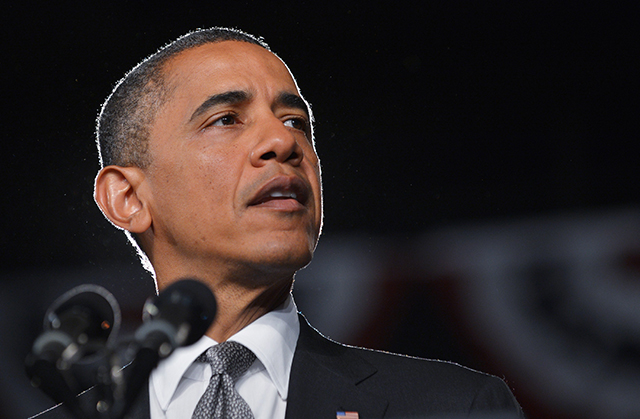
From Thucydides’s Athens to 21st-century America, appeasement is not a winner.
The common bond among the various elements of the failed Obama foreign policy — from reset with Putin to concessions to the Iranians — is a misreading of human nature. The so-called Enlightened mind claims that the more rationally and deferentially one treats someone pathological, the more likely it is that he will respond and reform — or at least behave. The medieval mind, within us all, claims the opposite is more likely to be true.
Read Gerhard Weinberg’s A World at Arms or Richard Overy’s 1939, for an account of the negotiations preceding World War II, and you will find that an underappreciated theme emerges: the autocratic accentuation of the human tendency to interpret concession and empathy not as magnanimity to be reciprocated, but rather as weakness to be exploited or as a confession of culpability worthy of contempt.
The more Britain’s Chamberlain and France’s Daladier in 1938 genuinely sought to reassure Hitler of their benign intentions, the more the Nazi hierarchy saw them as little more than “worms” — squirming to appease the stronger spirit. Both were seen as unsure of who they were and what they stood for, ready to forfeit the memory of the sacrifice of hundreds of thousands of their own on the false altar of a supposedly mean and unfair Versailles Treaty.
Hitler perversely admired Stalin after the latter liquidated a million German prisoners, and hated FDR, whose armies treated German POWs with relative humanity. In matters big and small, from Sophocles’ Antigone to Shakespeare’s King Lear, we see the noble and dutiful treated worse by their beneficiaries than the duplicitous and traitorous. Awareness of this pernicious trait is not cynical encouragement to adopt such pathologies and accept our dog-eat-dog world. Rather, in the postmodern, high-tech 21st century, we sometimes fool ourselves into thinking we have evolved to a higher level than what Thucydides saw at Melos or Corcyra — a conceit that is dangerous for the powerful and often fatal for the weaker.









